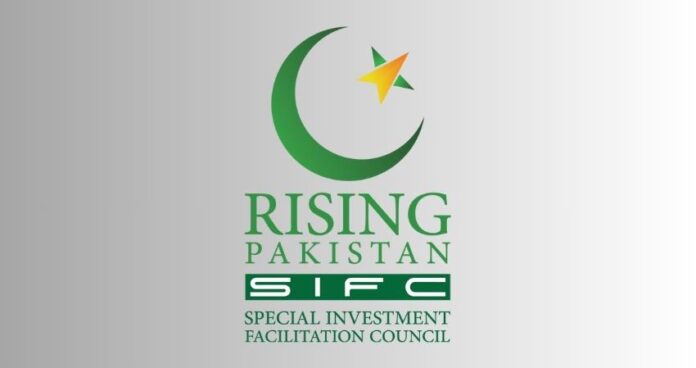A Chinese consortium has formally approached the Special Investment Facilitation Council (SIFC) to address delays hindering the Rs146 billion Central Asia Regional Economic Cooperation (CAREC) Tranche-3 project, raising alarms about Pakistan’s ability to meet its international commitments, The Express Tribune reported.
The project is co-financed by the Asian Development Bank (ADB) and the government of Pakistan. Despite the project’s inauguration by Prime Minister Shehbaz Sharif in February 2025, no work has yet commenced, frustrating stakeholders and international financiers.
Imdad Ullah, spokesperson for the leading Chinese consortium, NXCC, confirmed the company’s formal appeal to the SIFC, warning that continued delays are damaging Pakistan’s reputation with global donors. “This is one of Pakistan’s most important infrastructure projects, and unnecessary hurdles are preventing it from moving forward,” Ullah said during a press briefing.
The consortium, which includes local partners Rustam Associates and Dynamic Constructors, emphasised that the contract was fully vetted and approved by the ADB and the National Highway Authority (NHA). In its letter to the SIFC, the consortium warned that any attempt to revisit or redistribute the project would amount to political interference.
The CAREC Tranche-3 project, valued at $471.9 million, includes a $360 million loan from ADB and $111.9 million from the Pakistani government. It aims to upgrade the 326-kilometre Rajanpur-Dera Ghazi Khan-Dera Ismail Khan section of the Indus Highway (N-55), incorporating climate-resilient infrastructure and capacity-building for NHA.
The consortium highlighted that it had been declared the lowest evaluated bidder, with a margin of Rs13.2 billion, following a transparent and ADB-approved bidding process. The letter warned that further delays could lead to the loss of 25%-30% of allocated funds, escalating costs and sending a negative signal to international investors.
“For foreign partners, this raises a very worrying question: if a project can still be blocked despite winning fairly, with donor approval and the prime minister’s inauguration, how can companies feel secure investing in Pakistan?” the letter stated.
The spokesperson stressed that continued delays would not only affect the project but also harm Pakistan’s relationship with development partners, discourage future investments, and undermine national development goals. He pointed out that the upgrade of the Indus Highway is crucial for regional trade and connectivity, and delays could derail the country’s progress on key infrastructure projects.




